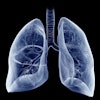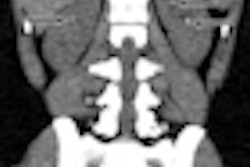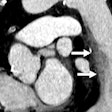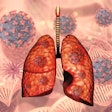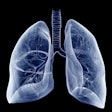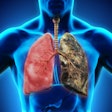Unhealthy lifestyles among poorer individuals in the U.S. appear to be linked with an increase in colorectal cancers, according to a new study published on September 4 in the Journal of the National Cancer Institute.
The researchers found that physical inactivity, unhealthy eating habits, and other health disparities commonly found in low socioeconomic status (SES) populations may be associated with a higher risk of the disease.
A team led by Dr. Chyke Doubeni from the University of Pennsylvania examined data from six U.S. states in the National Institutes of Health (NIH)-AARP Diet and Health Study. The group looked at patients who were enrolled from 1995 to 1996 and followed through 2006.
Of the 506,488 patients, 7,676 developed colorectal cancer during the follow-up period, the group reported. Adverse health behaviors explained between 9% and 22% of the SES disparities in overall disease incidence.
More than one-third of the excess risk of invasive adenocarcinoma of the colon and rectum resulting from low socioeconomic status could be explained by behavioral risk factors, especially an unhealthy diet, the authors wrote. The findings also suggest that intervention could improve the poor outcomes.
In an editorial accompanying the study, Dr. John Ayanian from Harvard Medical School and Dr. John Carethers from the University of Michigan wrote that the study highlights the relationship between low SES and the risk of colon cancer, with much higher disease rates observed among the less-educated adults and those living in lower-income neighborhoods. The results show the need for better public health strategies to improve nutrition and physical activity in the U.S., particularly among the poor and disadvantaged.
Such intervention can help ensure that the steadily declining rates of colorectal cancer since 1975 fall more rapidly over the next decade, Ayanian and Carethers wrote.


